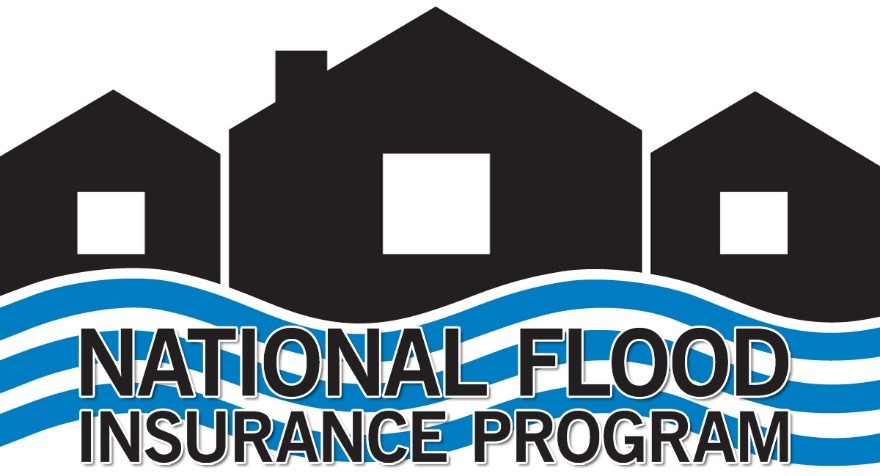
Federal Emergency Management Agency officials are calling for feedback on the National Flood Insurance Program.
The National Flood Insurance Program provides flood insurance to property owners, renters and businesses as well as works with communities required to adopt and enforce floodplain management regulations that help mitigate flooding effects, according to FEMA.
Supporter Spotlight
FEMA is hosting two, 90-minute virtual meetings when the public can comment. The first meeting is 2:30-4 p.m. Thursday. Participants must register in advance on the webpage. The second meeting is from 3:30-5 p.m. Nov. 15. Register in advance online to attend or speak.
The meetings will look at the program’s floodplain management standards for land management and use and an assess the program’s impact on threatened and endangered species and their habitats, FEMA officials said. Floodplain management is a community-based effort to prevent or reduce the risk of flooding.
Published Oct. 12 in the Federal Register, the notice says FEMA officials want to hear from the public what updates are needed for the program’s minimum floodplain management standards to help communities become safer, stronger and more resilient, according to the agency. The agency also seeks input on minimum floodplain management standards to promote conservation of threatened and endangered species and their habitats, as consistent with the Endangered Species Act.
In addition to providing verbal comments at the meetings, written comments can be submitted through the Federal eRulemaking Portal using Docket ID: FEMA-2021-2024. Click on the “Comment” button and complete the form. The comment period closes Dec. 13.
FEMA officials said that the type of feedback that is most useful to the agency:
Supporter Spotlight
- Identifies opportunities for the agency to improve the minimum floodplain management standards for land management and use.
- Identifies specific program components that promote conservation of threatened and endangered species and their habitats.
- Refers to specific barriers to community participation.
- Aligns the program with the improved understanding of flood risk and flood risk reduction approaches.
- Identifies better incentives for communities and policyholders, particularly for Endangered Species Act-listed species and critical habitats.
- Offers actionable data.
- Specifies viable alternatives to existing approaches that meet statutory obligations.







